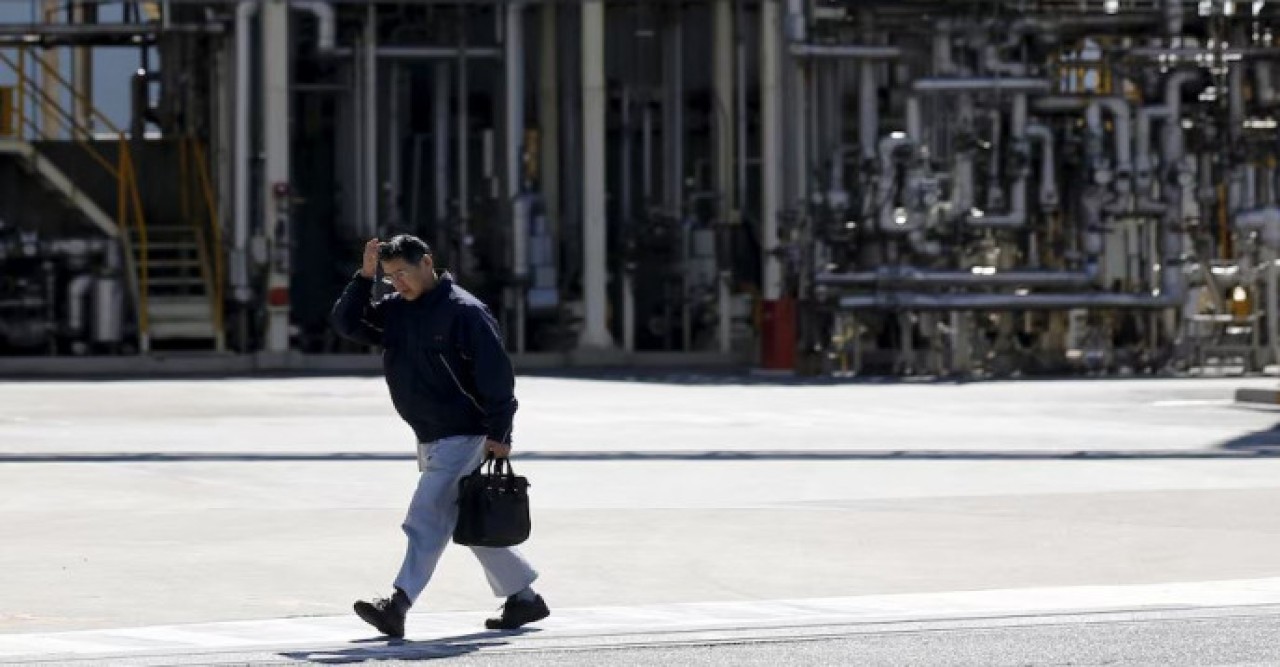Japan announces biggest wage hike in 33 years, central bank policy likely to change

Toyota Motor, the world's largest carmaker, agreed to the highest wage increase in 25 years for workers at its factories on Wednesday (March 13) after lengthy negotiations between unions and companies. Apart from this, big Japanese companies like Panasonic, Nippon Steel, Nissan have also agreed to accept the demands of union wage increase.
Japan's largest union group said on Friday (March 15) that the country's major companies agreed this year to give their workers the highest wage increase of 5.28 percent in 33 years.
It expressed hope that such decisions by major companies would lead Japan's central bank to exit a decade-long stimulus package.
This wage increase is considered higher than expected. The Bank of Japan is also expected to end its current eight-year run of negative policy rates. It will hold its policy meeting on March 18-19.
Japanese Prime Minister Fumio Kishida also wants Japanese companies to raise workers' wages to shake off years of currency contraction and end a trend of low wage increases.
Toyota Motor, the world's largest carmaker, agreed to the highest wage increase in 25 years for workers at its factories on Wednesday (March 13) after lengthy negotiations between unions and companies. Apart from this, big Japanese companies like Panasonic, Nippon Steel, Nissan have also agreed to accept the demands of union wage increase.
Policymakers hope that this wage increase will boost spending at the household level in Japan and, in turn, boost the overall economy. Last year, the country's economy almost fell into recession.
Economist Mo Nakahama of the Itochu Economic Research Institute said, 'I think the wage growth rate will reach 5.3 percent this year. If this rate is implemented, real wages will return to positive trend in April-June this year.'
Tomoko Yoshino, the head of The Japanese Trade Union Confederation, also known as Rengo, said in a press conference that the country's continued income inequality, inflation and labor force shortages were the factors behind this large increase in wages.
Yoshino also said that the wages of part-time workers in Japan will increase by 6 percent in the current fiscal year. He said, Japan is at an important stage of the economic recovery process.
The government expects the impact of the decision to increase the wages of large companies to fall on small and medium-sized enterprises in Japan.
However, most small companies are still debating how much they will raise their workers' wages. Its decision may be known by the end of March. Even if smaller companies raise wages, it is expected to be less than the increases promised by larger companies.
However, Japanese companies have regularly raised wages for their workers, but this has not kept pace with the country's ongoing inflation. As a result, the real income of the country's people has been declining for the last 22 months after adjusting for inflation.






